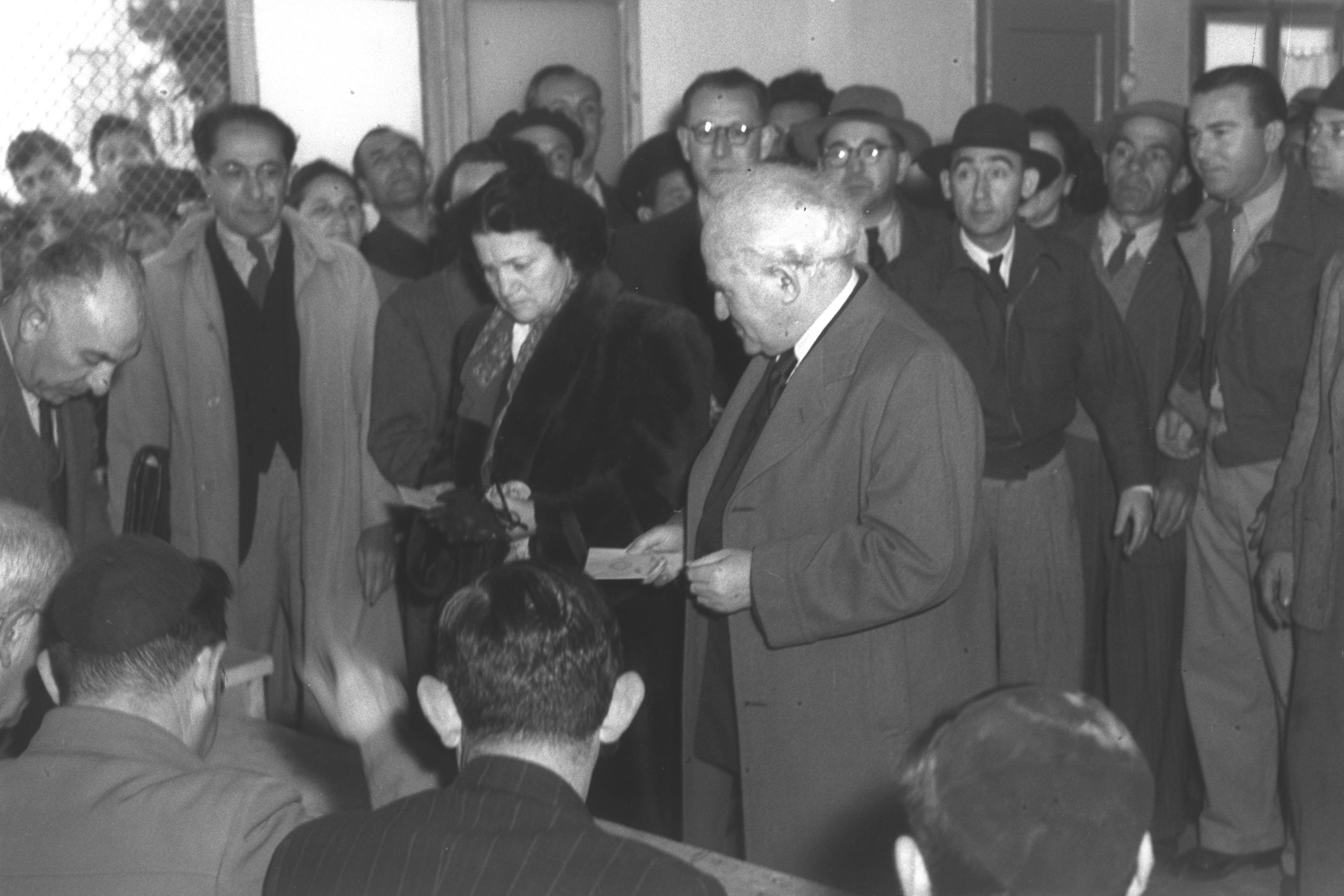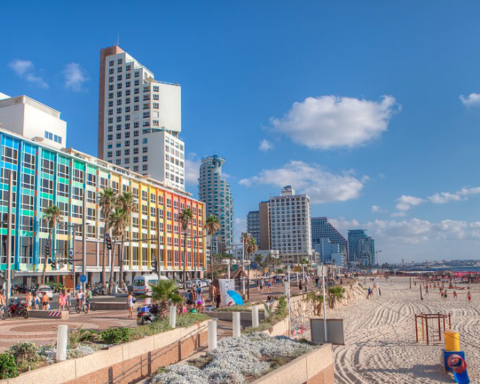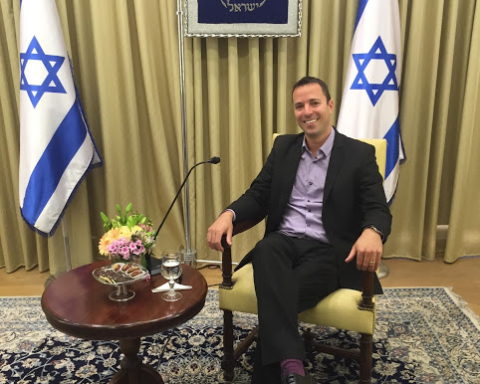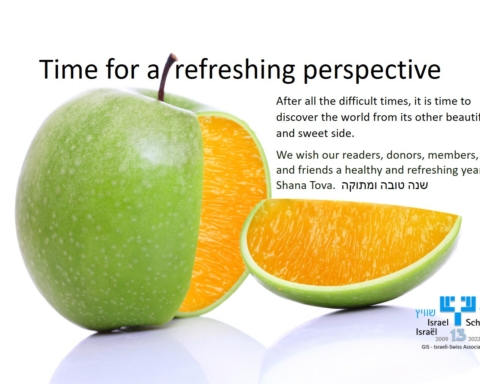Only twelve people have ever served as Prime Minister of Israel, which has recently held its 22nd election since its Declaration of Independence in 1948. In 1949, Israel ran its first National Assembly Election, where half a million voters and one thousand ballot stations were set up along the country.

Not yet the Knesset until the 1951 election, the “Constituent Assembly” was decided to consist of 120 members. A notable moment included WIZO, the Women’s International Zionist Organization, in that first election, who brought attention to the women’s movement and called for equal rights. They only won one seat, but it set a foundation for women’s’ voices in Israel. In 1969, following the Six Day War, Golda Meir was voted, and remains, Israel’s first and only female prime minister.
Only in 1988, were Israeli parties given the country’s only TV station at the time to present their platforms to the media masses. Today, it seems mass media is the only way elections take place. In a newly launched online exhibit called the Election Chronicles from the National Library of Israel, the site notes that political events take the form of “print, radio and television propaganda, and in more recent years, internet propaganda.”
For the first time ever, two elections were held in one year, when prime minister Benjamin Netanyahu failed to form a coalition, which led to another election, which took place on September 17. Results are still uncertain. Netanyahu was first voted as prime minister in 1996, and today is the longest running prime minister, surpassing David Ben Gurion, who previously held the title. For more information, visit here.







